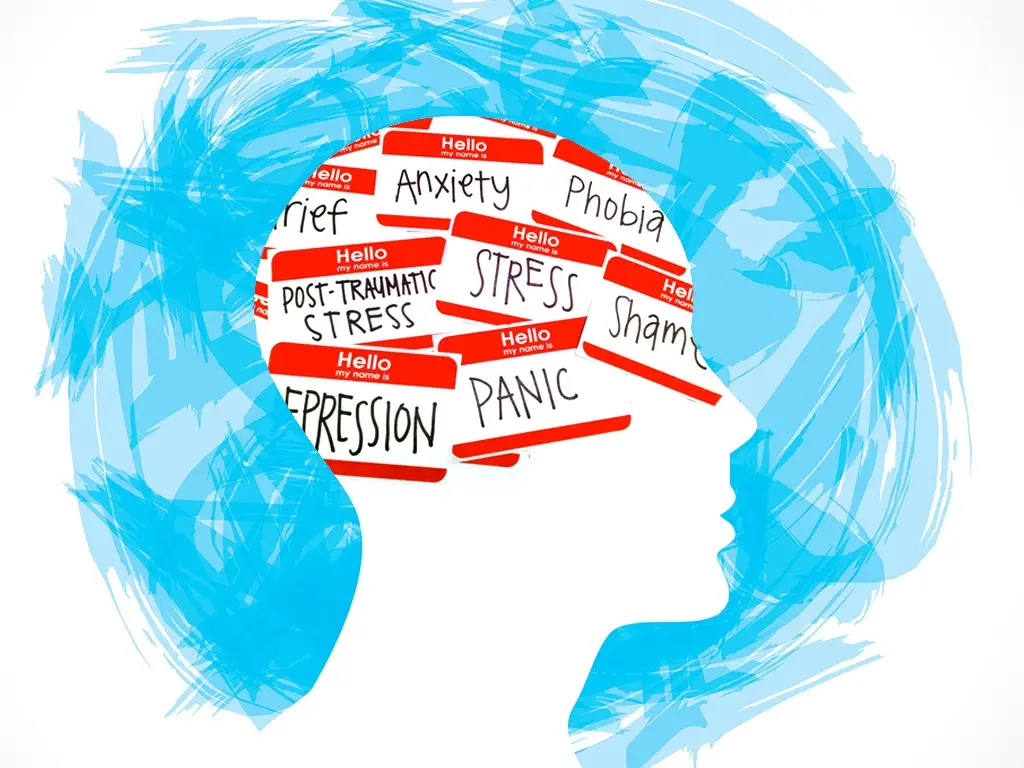
Maintaining good mental health is essential for overall well-being, yet many people overlook the early signs of mental distress. Recognizing these warning signs can help you or your loved ones take proactive steps toward improvement.
Common Signs of Poor Mental Health
1. Persistent Sadness or Low Mood
Feeling down occasionally is normal, but prolonged sadness, hopelessness, or emotional numbness may indicate deeper mental health concerns.
2. Changes in Sleep Patterns
Struggling with insomnia, waking up frequently, or sleeping excessively can be a sign of stress, anxiety, or depression.
3. Loss of Interest in Activities
When hobbies, social events, or activities you once enjoyed no longer bring pleasure, it could signal declining mental health.
4. Unexplained Fatigue or Low Energy
Constant tiredness, even after adequate rest, may result from emotional exhaustion or mental burnout.
5. Difficulty Concentrating
Struggling to focus, make decisions, or remember details may indicate anxiety, stress, or other mental health challenges.
6. Increased Irritability or Anger
Frequent mood swings, outbursts, or heightened frustration can be linked to emotional struggles.
7. Changes in Appetite or Weight
Sudden weight gain, loss of appetite, or overeating may signal emotional distress or an underlying mental health condition.
8. Withdrawal from Social Interactions
Avoiding family, friends, or social situations can point to feelings of isolation or anxiety.
9. Feelings of Guilt or Worthlessness
Persistent negative self-talk, self-doubt, or feelings of failure may be indicators of depression.
10. Unhealthy Coping Mechanisms
Relying on alcohol, drugs, or other destructive behaviors to manage emotions can worsen mental health conditions.
When to Seek Help
If you or someone you know is experiencing multiple signs of poor mental health that persist for more than two weeks, it’s important to seek professional support. Early intervention can prevent symptoms from worsening and improve overall well-being.
Steps to Improve Mental Health
- Talk to Someone – Sharing your feelings with a trusted friend, family member, or counselor can provide emotional relief.
- Prioritize Self-Care – Regular exercise, a balanced diet, and sufficient sleep are crucial for mental well-being.
- Practice Mindfulness – Techniques like meditation, deep breathing, or yoga can reduce stress and improve focus.
- Establish Healthy Routines – Setting a consistent daily schedule can provide structure and stability.
Final Thoughts
Recognizing the signs of poor mental health is the first step toward seeking help and finding solutions. By understanding these warning signs, you can take proactive steps to support your mental well-being or assist those around you in times of need.

